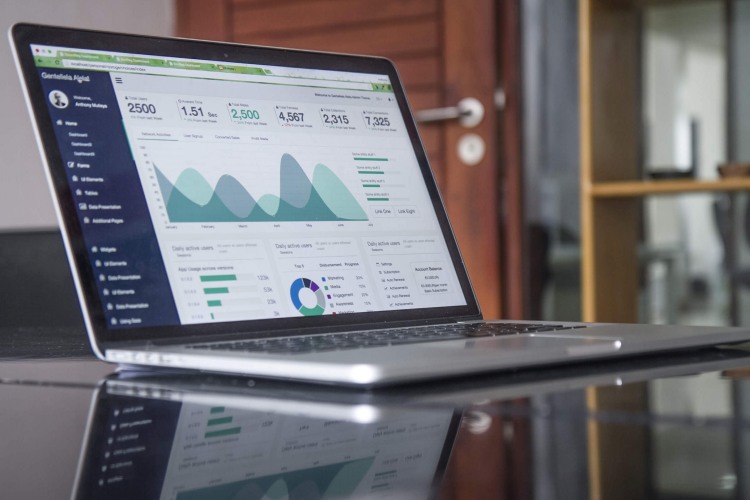

Data-driven donor tools are one of the amazing advantages modern-day nonprofits have. Yet, most of the 1.5 million+ nonprofits registered with the Internal Revenue Service in the USA don’t use them to their advantage. There are a few reasons for this. First of all, the sheer volume of online fundraising management solutions and other data-driven tools available can be a bit overwhelming.
Smaller, less established nonprofit teams also often don’t know which platforms are suitable for their needs. They may not even know where to start with evaluating donor tools to find a workable solution. But, the fact remains that donors are far more likely to support your organization on a regular basis if they feel that they understand the goals and mission of the nonprofit organization and that their investment in that work is valued. This is where donor data can help nonprofit and charity organizations.

Why Using Donor Data Is Important For Every Nonprofit Organization
Every nonprofit development professional knows that a big part of the job is cultivating prospective donors and simultaneously maintaining relationships with existing donors. Organizing fundraising initiatives goes hand in hand with seeking out opportunities to engage with your community to shine the spotlight on your cause.
Every one of these interactions represents an opportunity to collect and analyze data. With the use of the right donor tools, this data can help your nonprofit to:
Knowing what type of information you should be capturing is half the battle won. The key is to know what you are looking for, so the data does not become disorganized or overwhelming.
As such, a nonprofit organization should always focus on two main factors:

You can surmise many things about a donor by gathering basic information like their address, profession and/or employer, gender, and age, as well as their donation date(s) and amount(s). For instance, you’d be able to pinpoint whether a donor owns real estate and where, and what their business affiliations are. From a donation capacity standpoint, this can tell you whether they are personally positioned to donate regularly if they wish to. Their job title can give a general idea of their net worth. It could also indicate if they may have corporate connections that could stand the nonprofit or charity organization in good stead. Their giving history can be just as illuminating. By looking at the amount and frequency of their contributions, it’s possible to discern a pattern of giving. This information lets you know when would be a good time to ask for donations and the amount you could ask for.
Gathering data is all well and good, but if you don’t keep it organized it’s not worth much. This is why forward-thinking nonprofits often choose to invest in tailored software solutions. These can sort, organize, and make sense of donor data so that nonprofits can use it to their advantage.
Having access to all your information in one central location makes it much simpler for all the members of your nonprofit team to access it. Organizing it also makes it easy to create valuable profiles of donors and prospective donors and market to them efficiently.
Look out for software tools that automatically compiles your donor data into an easily accessible and organized database. For example, BiddingOwl compiles donor data from your charity auctions into a downloadable spreadsheet. This way, you can keep track of your donors, their contact information, when they bid, how frequently they bid, and how much they bid.
By tracking information like this, as well as demographic information, you can segment your donor list. This will allow you to send more targeted messages and attract more donors to your future fundraising events.
DID YOU KNOW? Top-earning American nonprofits like Red Cross and The Salvation Army make upwards of $1.5 billion in private donations each year. This is only possible because they make exceptional use of the donor data at their disposal. E.g. The Salvation Army knows that their target demographic likes to buy donated items online. So, they often host online auctions that bring in a lot of money.

Data-driven donor tools can help you to understand your donors' motivation, leverage corporate giving, and optimize fundraising campaigns.
Gathering basic information like a donor’s address and profession can provide insight into their capacity and affinity to give to your cause. However, it’s important to organize and collect data in an effective manner. So, when looking for donor tools or auction management software, make sure to keep this in mind.

Adie M. is a skilled writer with a strong background in marketing. She is dedicated to creating compelling content for the nonprofit sector. She holds a Postgraduate Diploma in Management, specializing in Marketing, and a Bachelor's degree in Environmental and Geographical Science and Psychology from the University of Cape Town. With experience in digital marketing, Adie combines her technical expertise with a passion for impactful storytelling. She is committed to using her writing skills to support nonprofit organizations and drive positive change.